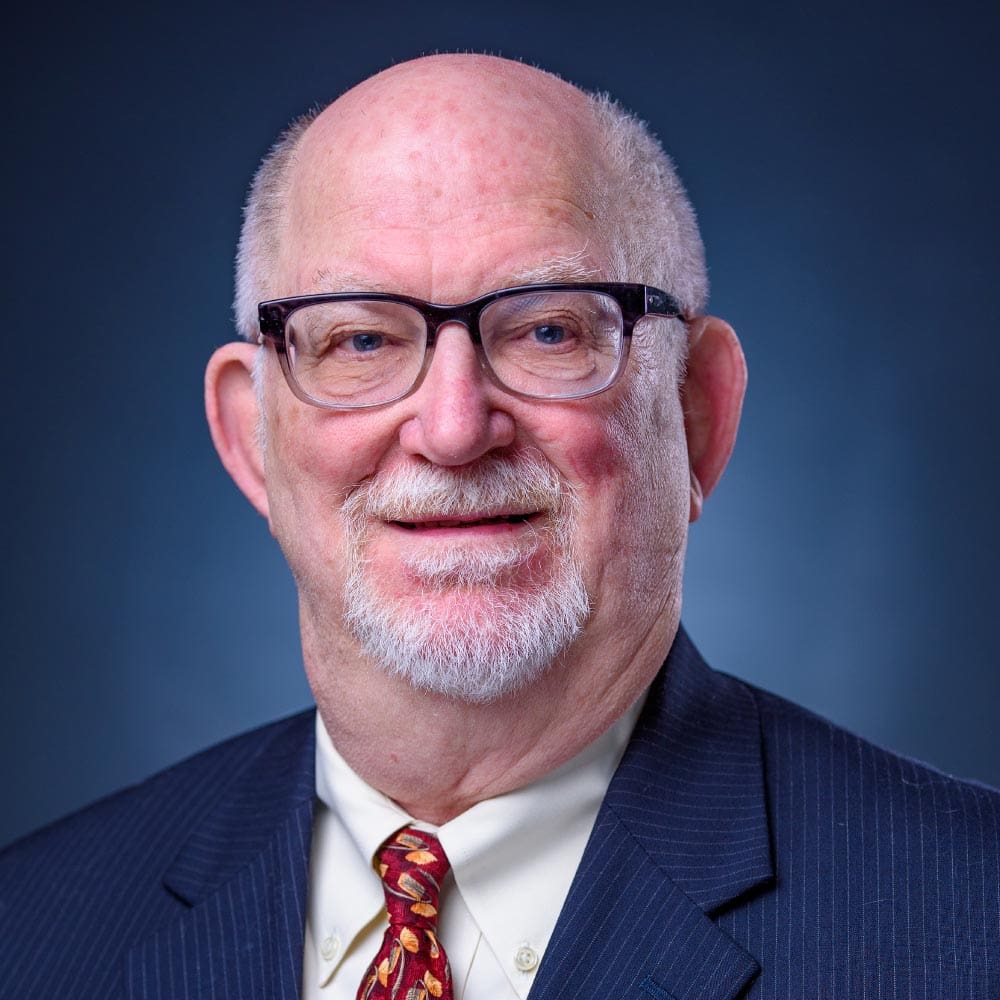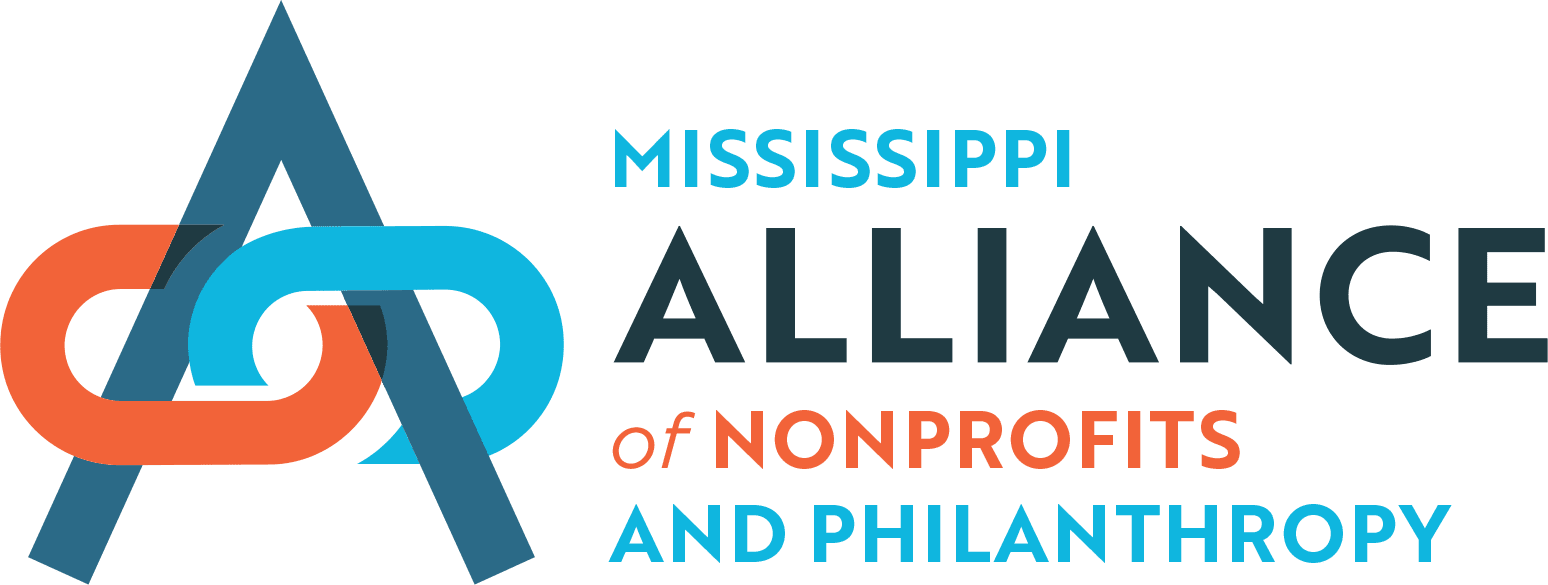

Greetings friends,
We find ourselves as a country again at the place where the reactions to a tragedy – this time a mass shooting at a Buffalo, NY grocery store – fill our waking hours. We continue the routine of wringing our hands, vocalizing prayers and condolences, repeating rhetoric about the mental health status of the shooter, noting system breakdowns, engaging in presidential and other political leader visits, listening to media pundits spinning their version of what happened, hearing calls for gun and ammunition regulation, and on and on and on. Most of us also feel overwhelmed and helpless because it seems the routine never changes, and nothing substantial happens after each of these despicable acts occur.
Like many of the others, this one seems to have been motivated by racially motivated targeting of African Americans. It also appears to be driven by some outrageous conspiracy theories involving the perceived planned elimination of white people in this country. It seems that hate, prejudice, and false, uncorrected, and unaddressed misinformation combine their despicable characteristics yet again to produce inconceivable tragedy.
This issue of The Ally focuses on mental health, so we can indeed use our voices to advocate for and support reforms in our mental health systems. Yes, we do need more funding and more treatment programs, but that will never be enough! It will never be enough because it is NOT just a mental health problem, and we cannot allow it to be glossed over as such.
I believe we face issues in this country, state, and city that are much more complex than the quantity, quality, and reform of mental health programs/systems. In my opinion we face huge issues of long-term systemic racism, fear of differences and change, pandering and self-absorbed political leaders, unbridled and unchecked access to weapons, and other social,
political , and technological factors that disconnect us from one another. Until we take these things seriously as a country, we will continue to see these events happening – and we’ll continue to offer up the same tired, tedious set of responses.
If these comments sound harsh, it is because I believe it is time for us to be harsh in our reactions. Human life and our commitment to each other are sacred – it is time we treat them as such and demand that our leadership, friends, neighbors, and ourselves appropriately address the real issues.
Sammy
Related Articles
State’s Nonprofit Sector: An Economic Engine
This commentary piece from the Alliance Executive Director originally appeared in the December issue of the Mississippi Business Journal.
The recent challenges facing nonprofits have dominated public discourse, overshadowing a fundamental truth: Mississippi’s nonprofit sector remains one of our state’s most vital economic drivers and community lifelines. As executive director of the Mississippi Alliance of Nonprofits and Philanthropy, I see firsthand the transformative work of thousands of organizations operating with integrity, transparency, and remarkable efficiency across our state.
Equity in Response, Recovery and Resilence: An Action Report in Five Parts
The Mississippi Alliance of Nonprofits and Philanthropy (the Alliance) was created to enhance coordination, collaboration, and communication among nonprofits, maximizing existing funding and expanding resources. The Alliance also focuses on embedding equity into nonprofit work, aiming to ensure equitable outcomes. During the 2022 Jackson water crisis, nonprofits worked to meet urgent needs. Recently, with funding from the US Water Alliance, the Alliance and its partners have been studying equity in disaster response, recovery, and resilience efforts.
Revisiting Big Questions for Philanthropy: When to Bridge and When to Fight
Two big, related questions have hung over many in philanthropy these past several years: first, how best to protect democracy, and second, how to work to bridge differences in a polarized time.

